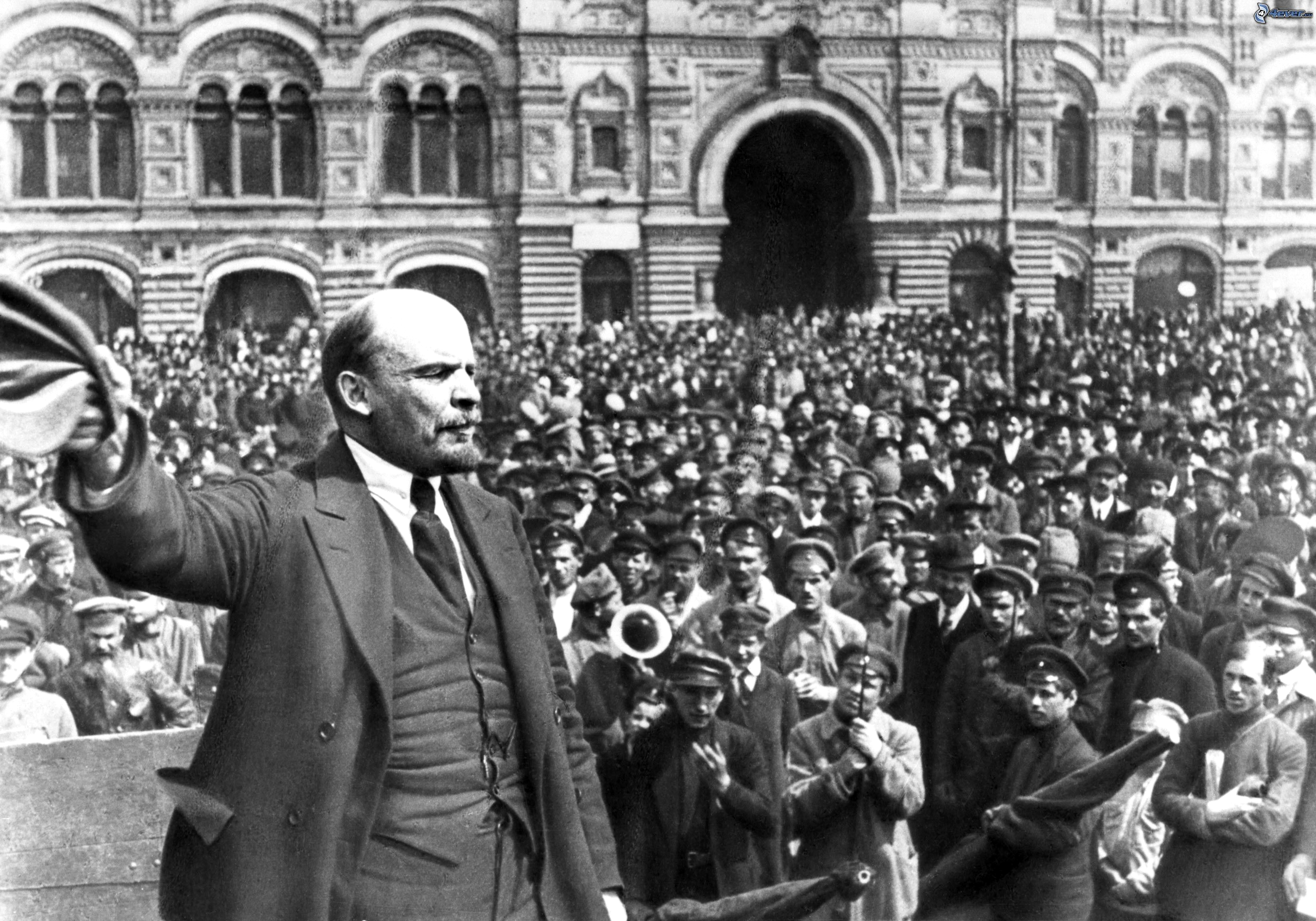On November 6, a number of Canadian newspapers commemorated the 100th anniversary of the Bolshevik Revolution. In 1917, a small band of fierce, committed, and violent extremists seized control of power in the then-Tsarist Russian Empire, and created the much more oppressive and murderous Union of Soviet Socialist Republics.
After the success of that revolution, this nascent Communist malignancy spread to encompass all of Eastern Europe, Mongolia, China, North Korea, Indochina, and some other outposts, such as Afghanistan, Cuba, and Ethiopia. In total, an estimated 100 million people died from Communist oppression, repression, war, and starvation in the twentieth century.
Yet, the Communists still have their Western apologists. Support for socialism, which is its supposedly more benevolent version, has, in fact, risen in many Western nations, abetted by leftist academics and media commentariat. These people have encouraged young people to believe that communism–or its more passible sister, socialism–is superior to free-market capitalism.
There are a number of assumptions that are bolster the apologists for socialism, but they all disintegrate upon close examination.
- Socialists claim that equality of income is a goal of government. It is not clear, however, why everyone should be paid the same wages, when different people have different levels of productivity. It may give people some satisfaction to know that their co-workers earn a living wage, but this idea does not have any obvious societal benefit.
- Socialists say that all people are equal, but, in practice, loyal Party members have higher salaries and much better lives than others.
- History teaches us that socialism represses most people in socialist countries. Despite what apologists say, all socialist states have secret police that spy on common people, few civil liberties, little freedom of expression, and many prisons and labour camps filled with people who do not toe the party line.
- Socialist countries support the redistribution of goods, through generous welfare and progressive taxation is generally seen as being unfair by those inside and outside those countries. Giving money to people who have not earned it through their labour, ingenuity, or motivation, in fact punishes those who are productive and innovative.
- Contrary to the claims, socialist countries do not provide superior health and education to their citizens. For example, Cubans must bring their own supplies when they are admitted to hospitals. Life expectancy in capitalist countries exceeds life expectancy in socialist countries. And, capitalists countries have far less pollution and better working conditions than socialist countries.
Without a doubt, free markets generate superior wealth and higher standards of living than Socialist markets. One hundred years ago, before the revolution, Russia was ranked higher than Brazil; today Brazil is ahead of Russia. North Korea is impoverished while South Korea is rich.
Implicit in much collectivist thought, is the idea that profit is wrong, it is stealing. But, where there is progress, there is profit; the value of what is produced exceeds the value of what went into that production. When socialist economies grew, it was because they accidentally generated benefits accruing to the nations; partly in improved plant, equipment and infrastructure, partly in improved living standards. But, it was not sustainable.
Finally, capitalism is superior to socialism because it allows individuals to express themselves creatively, imaginatively, and productively through their labour and, just as importantly through their investment. Individuals found and nurture new endeavours. In socialist countries, those opportunities are rare and rewards, if any, do not generally go to the people who took the risks and did the work. Consequently, few try, the economy stagnates, and those in power repress the discontent that results from the misery they have created.
Hence, it is vital to remember on the 100th anniversary of the birth of communism, and its smiley-faced version, socialism, why this way of managing economies and people is to be avoided.



